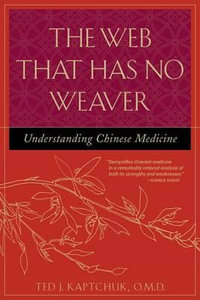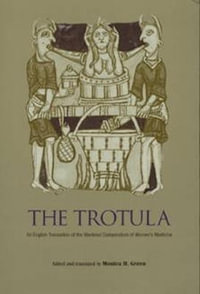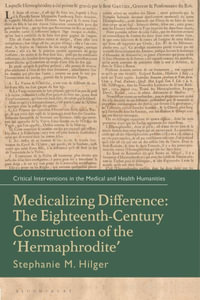
At a Glance
Paperback
RRP $69.99
$61.50
12%OFF
or
Aims to ship in 5 to 10 business days
ISBN: 9781421413037
ISBN-10: 1421413035
Published: 14th July 2014
Format: Paperback
Language: English
Number of Pages: 328
Audience: Professional and Scholarly
For Ages: 22+ years old
Publisher: JOHNS HOPKINS UNIVERSITY PRESS
Country of Publication: US
Dimensions (cm): 22.9 x 15.2 x 2.0
Weight (kg): 0.45
Shipping
| Standard Shipping | Express Shipping | |
|---|---|---|
| Metro postcodes: | $9.99 | $14.95 |
| Regional postcodes: | $9.99 | $14.95 |
| Rural postcodes: | $9.99 | $14.95 |
How to return your order
At Booktopia, we offer hassle-free returns in accordance with our returns policy. If you wish to return an item, please get in touch with Booktopia Customer Care.
Additional postage charges may be applicable.
Defective items
If there is a problem with any of the items received for your order then the Booktopia Customer Care team is ready to assist you.
For more info please visit our Help Centre.
You Can Find This Book In
This product is categorised by
- Non-FictionMedicineMedicine in GeneralHistory of Medicine
- Non-FictionLawLaws of Specific JurisdictionsSocial LawPublic Health & Safety Law
- Non-FictionScienceScience in GeneralHistory of Science
- Non-FictionMedicineMedicine in GeneralHealth Systems & Services
- Non-FictionMedicineClinical & Internal MedicineDiseases & Disorders
- Non-FictionMedicineMedicine in GeneralPublic Health & Preventive Medicine























